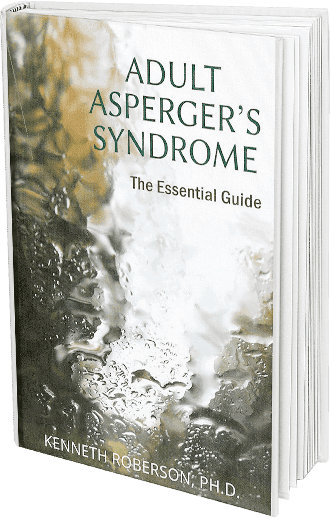
Whether it’s for you or someone you know, finding a therapist who can work effectively with adults who have Autism is very important. Many therapists claim to have experience in this area but not all have the understanding and background that are essential in working with someone on the spectrum.
Here is a list of the qualities that I believe create the optimal conditions to improve the quality of life for an adult with Autism Spectrum Disorder.
First, the most important quality a therapist must have is a deep understanding of the processes that are at the core of Autism, starting with the awareness that it is fundamentally a social disorder. People on the spectrum have difficulty recognizing and responding to how someone else might be thinking and feeling without them saying so directly. The process of understanding the thoughts and feelings of themselves and others is referred to as the Theory of Mind (ToM), and it is the central deficit of Autism.
Along with an understanding of how ToM impacts someone with Autism, a therapist must also recognize the communication difficulties that are central to this problem, specifically the mismatch between one’s verbal communication (the words that are spoken) and one’s non-verbal communication (how those words are conveyed).
Understanding Autism Spectrum Disorder also means being aware of the rigid thinking patterns that are common and the need to systematize that is also a feature of this condition. Systematizing refers to the drive to identify the rules that govern a system (learning bus routes, collecting baseball cards, analyzing computer operating systems) in order to predict how that system will behave. Systematizing is the cause of the narrow interests, repetitive behaviors, and resistance to change that are hallmarks of Autism.
Second, a therapist must understand the ways that people on the spectrum mask their Autism Spectrum Disorder behavior in an attempt to fit into society, the worry of being identified as having Autism and being rejected for it, and the mental and emotional energy it takes to live in a neurotypical world. This also includes understanding the disorientation many on the spectrum feel about the discrepancy between their inner world and the demands of the world around them.
Third, the therapist must have a non-judgmental attitude about people on the spectrum, not only to promote honest, direct and open communication with the person he or she is trying to help but to model the emotional and cognitive empathy that many on the spectrum strive to attain.
Fourth, it is imperative that a therapist provide direction and instruction without waiting for the Autism adult to develop and internalize solutions to their problems through their own insight. Given the fact that ToM refers not only to difficulty understanding how others think and feel but also difficulty understanding how one thinks and feels, it makes little sense to expect someone on the spectrum to develop self-awareness on their own. Practical, explicit suggestions and solutions, on the part of the therapist, are especially important when working with this population.
Fifth, a therapist needs to accept the concept of differences, the fact that how we communicate, relate to others and behave in general encompasses a wide and varied range of what makes sense. To be critical and judgmental, even unconsciously, of where one is in this range invariably results in an impasse in the therapeutic work and a failure to be helpful.
Lastly, patience is key to success in promoting change. Nothing lasting happens overnight. Therapists who understand this and resist the temptation to push against something that must unfold in its own way and in its own time are the most successful therapists of all.
Dr. Kenneth Roberson is an Autism Spectrum Disorder psychologist offering Therapy for Adults with Autism Spectrum Disorder in California (San Francisco) for over 30 years.




